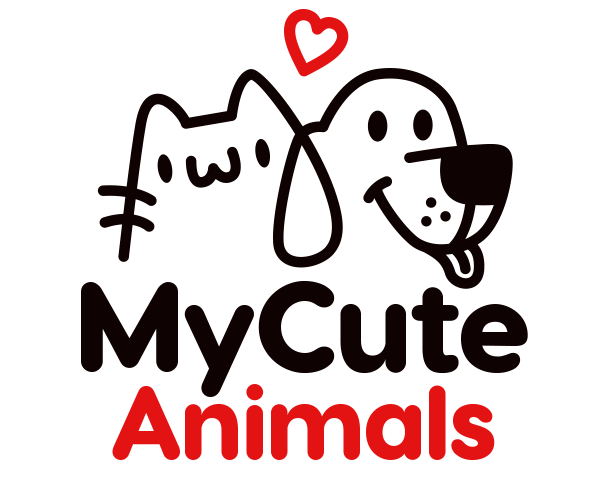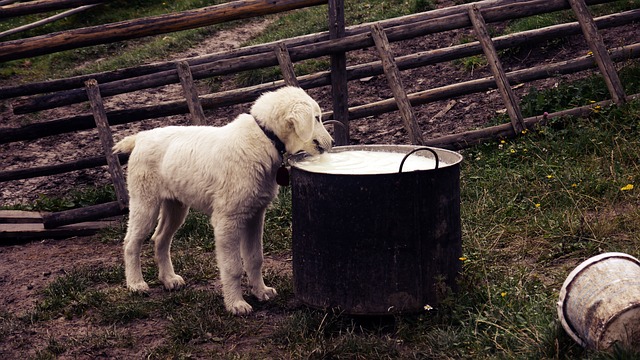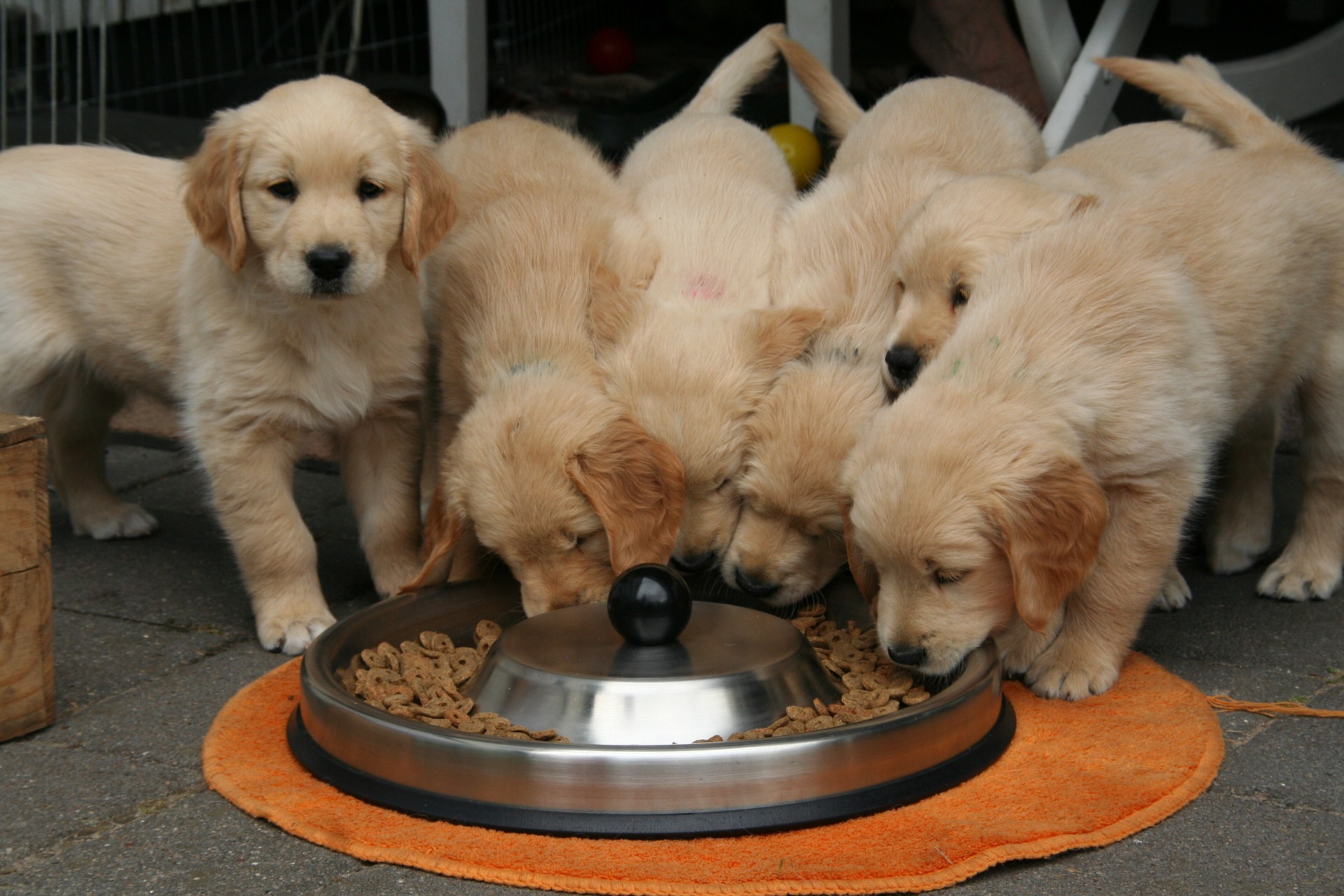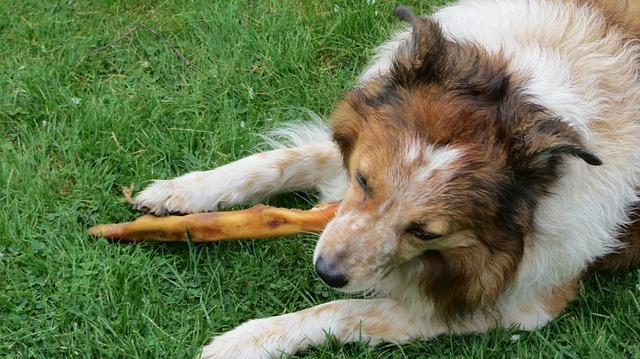Table of Contents
Hello! I’m Tom, a lifelong dog lover. Today we are going to discuss one of the most wanted topics related to dogs: ‘can dog eat uncooked rice’?
Dogs love different kinds of foods, including rice. In fact, a number of leading brands use rice as an ingredient in their pet foods. It’s certainly a healthy food option for your pet. It is a good idea to include rice in your dog’s daily diet, particularly when he’s sick. It can be quickly prepared and is low in fibre.
It’s easily digested and provides nutrition to boost the health and vitality of your pup. Vets often recommend rice to dogs suffering from gastrointestinal problems because of its ability to calm the tummy.
But what if your dog ate raw, uncooked rice? Should you be worried? What should you do? Let’s delve deeper into these questions.
Can Dogs Eat Uncooked Rice?
No matter how cautious you are about your four-legged friend’s safety and health, he may find and gulp something he should not. While some things like medicine, caffeinated drinks, alcohol, chocolate, and raw meats can be fatal to your dog’s health and should be avoided altogether, there are food items that can cause harm if consumed on a daily basis.
Uncooked rice is one of them. While cooked rice is good for the dog’s health in general, raw rice can be dangerous for your pet. Most dogs will want to chew on rice and other grains. It’s normal for you to worry about what your fur babies will put in their mouths. Several foods, like raw rice, can cause harm to a dog’s stomach and overall health.
If it smells good and tasty, odds are, your dog will want to eat it, too. Cooked or uncooked – it won’t matter to your dog. You may feel strange feeding some things to your pet, but their minds are wired differently when it comes to food. Put it in front of them and they’d surely nab at it the first chance they get! This means your dog can easily eat uncooked rice if it accidentally falls on the floor or you leave a container of raw rice open.
Is Raw Rice Bad for Dogs?
The simple answer is YES. Raw rice, brown or white, is bad for dogs.
Uncooked rice can easily soak in moisture after entering the dog’s stomach and give rise to gastrointestinal problems. This imbalance can result in a variety of issues including indigestion, diarrhea, and constipation. The extent of problems the dog can face after eating raw rice depends on a several factors like size, breed, and the amount of uncooked rice it consumed.
You certainly don’t want your pup to get an upset stomach. Remember: cooked rice is okay and can even improve digestion. Raw rice can be dangerous and should be avoided.
My Dog Ate Raw White Rice, Now What?
In the event your dog swallows raw rice, the first thing you should do is keep calm and not panic. Don’t try to make your dog vomit as it will only increase the stress levels of you and your pup. You don’t want this.
In most scenarios, the dog will vomit the raw rice out. But when that doesn’t happen, ensure there’s enough fresh water available to your dog. As raw rice will soak up moisture in your dog’s tummy, it will need to replenish it until the risk for indigestion, diarrhea, or constipation has subsided. In very rare occasions, eating raw rice can be fatal and cause organ failure.
While such effects are highly limited, you still need to be aware of all potential dangers concerning your pet.
What To Do If Dog Ate Uncooked Rice?
Once you’re sure your dog has eaten uncooked rice, find out how much it has consumed. This may be difficult to know, but try to guess nonetheless. This is crucial information when a pet has eaten something it shouldn’t.
Call your vet immediately for advice. It’s a good idea to seek professional help BEFORE you induce vomiting or if you believe your dog has eaten a lot of uncooked rice. Stay calm so as not to stress your dog unnecessarily. Give plenty of fresh drinking water and wait for the vet’s instructions.
Fortunately, raw rice takes a while before affecting the dog’s stomach and gastrointestinal tract. For the most part, raw rice could simply pass through the digestive system of the dog without causing severe issues or discomfort, aside from the digestive issues.



